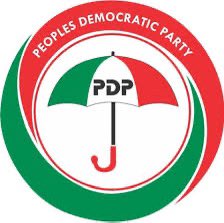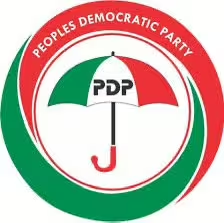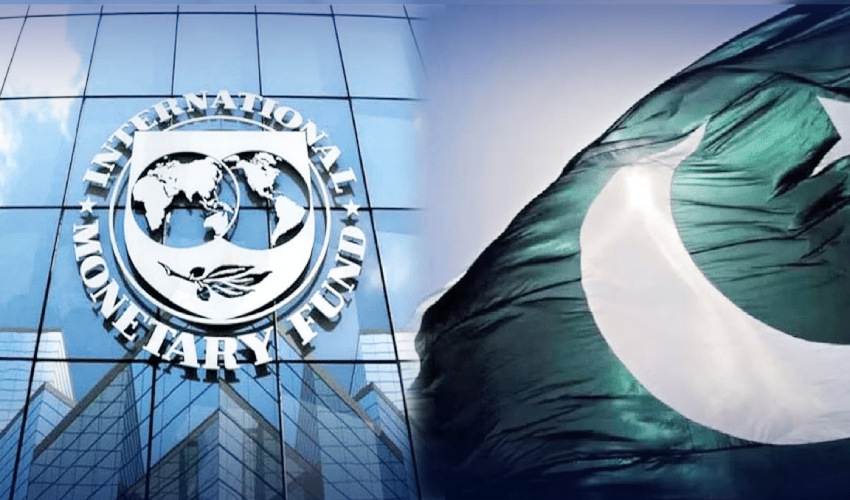As the country navigates through one of its most difficult economic periods, Pakistan finds itself, once again, in negotiations with the International Monetary Fund (IMF). The last agreement was a Stand-by Arrangement (SBA), which was approved in July. The approval of SBA was a critical point in time for the economic stability of Pakistan.Recent commentsof Prime Minister Shehbaz Sharif underline the pressure on the government to meet theconditions of the IMF.
The relationship of Pakistan and the IMF has been marked by a number of financial interventions. The aim of these financial interventions has mostly been to stabilize the economy of the country amongrecurring financial crises.
If we take a look at the transactional history, the two institutions have engaged in financial support over a number of times, and all agreements having their own set of conditions. These reforms are designed to restore economic stability in the country and to instill confidence among the international investors.
The impending IMF deal represents a high-stakes gamble for the political and economic future of Pakistan. While the agreement provides the necessary financial support and a framework for betterment of the economy, it also comes with significant challenges. As Pakistan moves forward, the balance between implementing reforms and managing political and public pressure is crucial for the success of this economic strategy
The Stand-by Agreement (SBA) is a programme designed especially for short-term financial solutions by the IMF. The goal is to offer assistance to struggling countries, while giving them reforms that will make sure to restore better economic conditions in the country.
For Pakistan, this has often meant implementing structural reforms. The overall result of these conditions is a better fiscal discipline in the economy.
On 12 July 2023, a$3 billion SBAwas approved for Pakistan by the Executive Board of the IMF. This has proven to be a critical moment in the economic history of Pakistan. The approval of the deal resulted after prolonged negotiations.
The negotiations discussed that Pakistan needs to understand theseverity of the economic issuesand is in dire need of reforms that address its economic challenges. After all, if loans are taken and the economic conditions are not improved through newer reforms, it would just be a cycle of borrowing until the economy is completely in deficit.
Understanding the importance of these necessary reforms, Prime Minister Shehbaz Sharif has publicly stated that the government is working hard to meet the conditions of the IMF.
ThePM’s remarksunderline the government’s awareness of the issue: We hope that all conditions and requirements of the IMF will be met in time and our case will be approved by the [IMF Executive] board. The statement reflects the determination of the government to adhere to the terms of the deal.
However, this commitment is absolutely necessary because without implementing better reforms, the economy does not have any chances of getting better. The IMF deal makes sure to implement these reforms in exchange for financial support.
With this regard, the PM also assured the country that while this is a huge step, we can expect this loan to be the last one of the decade. This is a promising statement that implies a strategic goal.
Pakistan has been observed inthe recent pastto rely a little too much on the IMF. The country received23 IMF bailouts in 75 years. “Now is the time’: Must ensure the new IMF programme is the last one,” says the PM. The statement is an optimistic approach that focuses on reducing reliance on financial support and seeking better economic solutions.
If we take a look at therequirements and reforms of the IMFwe can observe that the SBA may work in favour of Pakistan.
The requirements include making fiscal adjustments that include reducing government spending on fuel and electricity, which leads to increased prices. Moreover, the reforms demand monetary policy changes to control inflation, and to make better structural reforms in order to improve economic efficiency.
The impending IMF deal represents a high-stakes gamble for the political and economic future of Pakistan. While the agreement provides the necessary financial support and a framework for betterment of the economy, it also comes with significant challenges. As Pakistan moves forward, the balance between implementing reforms and managing political and public pressure is crucial for the success of this economic strategy.
The writer isis a Research Assistant at The Institute of Peace & diplomacy Islamabad, Pakistan. She is also a research officer at the Old World Order



